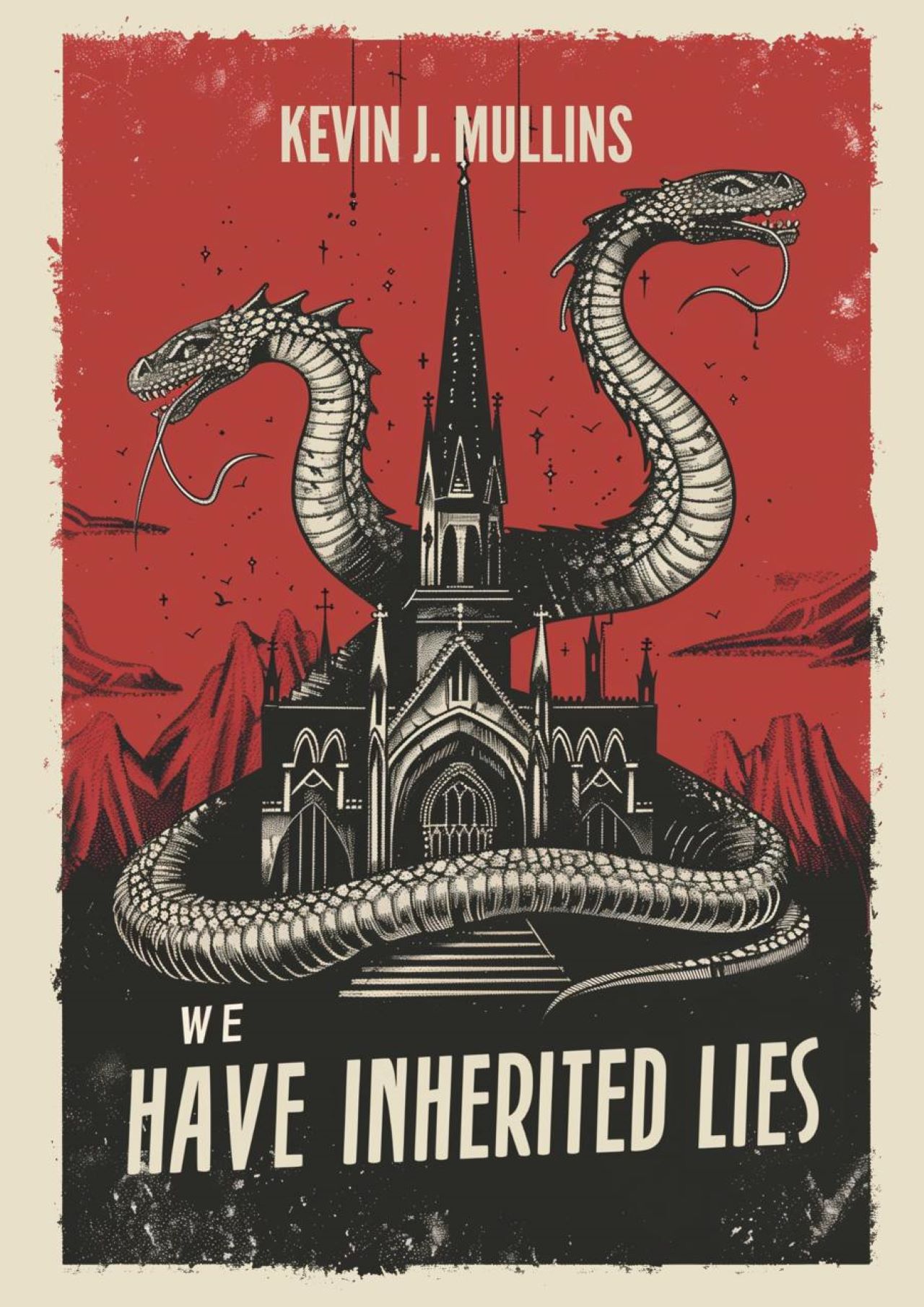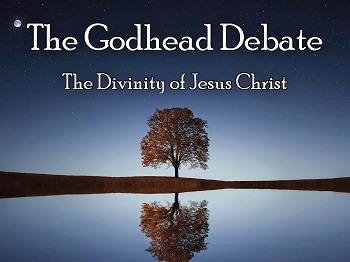Why the 2300 Years Began and Ended
These are some thoughts based off of As You Judge and At-One-Ment
Why could the sanctuary not be cleansed before Oct 22, 1844? Why couldn't judgment happen before then? Why 2300 years, and why so long after Jesus died and resurrected?
Jesus says something interesting here:
John 12:48 - He that rejecteth me, and receiveth not my words, hath one that judgeth him: the word that I have spoken, the same shall judge him in the last day...
It is important to understand how judgment works. It isn't an arbitrary thing where God says, "ok, enough, judgment starts now." Jesus explains that it is how His words are received that judges men. What does that mean? Firstly, it means that if men have not heard His words, they can't yet be judged. They haven't had a chance to accept or reject Jesus. Secondly, it is not enough just to have the literal words of the Bible, though that is an important part of the equation. If it was just about the literal possession of the Bible, then the investigative judgment could have happened in the early centuries after Jesus's death. For His words to complete their work of either bringing men to fullness of righteousness or fullness of rejection - they must be understood in the right framework.
Early on man was ignorantly, and thus innocently, misinterpreting scripture. Men truly believed that God wanted them to build up an imperial chuch (see Eusebius's statements in his History). God had to allow time for men to realize this was sinful, and they would only realize if they saw the fruit of that in the Papacy and reconsider their assumptions. It would cause the church to read more carefully God's word, accept that they had errored, and slowly a new framework was constructed. As the end of the 2300 years approached, major progress was being made, and mankind was almost ready to make a final decision about Jesus. But even with the major leaps forward of the Reformation, the church still could not let go of some major wrong ideas: the big one being how God forgives and how He judges. What did the world think? Believe Jesus and God won't kill you, don't believe Jesus and He will kill you. That is how He will cleanse the sanctuary. And He is coming to do that in Oct 22, 1844 at the end of the 2300 years.
When Jesus didn't return on that day, it caused close studiers among God's people to look much more carefully at the Bibles they now had printed everywhere (due to Missionary Societies), translated, and attempted to understand. Because of freedom of conscience, solid rules of Bible interpretation, and the doctrinal building blocks in place, finally it was time that this mystery of judgment could be solved - God's word could speak in an understandably loud voice and thus be rejected or received by the world. That is why judgment began on Oct 22, 1844. How one interepts the Word is reflective of one’s own heart, and thus the conviction of sin to repentance to forgiveness process could finally happen as God intended. Paganism would be rooted out and the gospel would no longer be hampered by creeds. Now we would realize that it really depended on us and how we judged God - "As ye judge, ye will be judged."
In the story of the two women fighting over who the baby belonged to in front of Solomon in 1 Kings 3, one woman was willing for the child to die and the other wanted the child to live. The two woman heard the same thing said by Solomon and had different responses based on their love for the child that was to be destroyed - their hearts were revealed. What about us? When God orders the sinner killed, the sinner that we hate, do we think that He actually wants them dead? That He will actively strike out to destroy, or wants us to actively strike out to destroy? Or is God saying it so as to show us our hearts so that we can let go of our condemning spirit?
One way of interpreting the Word determines that we have a spiritual experience with God, the other way of interpreting means we have a fleshly experience of man.
For example, how do we interpret this verse: " A good man obtaineth favour of the Lord: but a man of wicked devices will he [God] condemn." (Proverbs 12:2)
compared to this verse: "For God sent not his Son into the world to condemn the world; but that the world through him might be saved." (John 3:17)God has given us the freedom to interpret for ourselves, knowing we have the tools to have the right framework to do so correctly IF WE WANT TO...
Jesus said "My Father judges no man" (John 5:22) and "You judge after the flesh, I judge no one" (John 8:15). The way God judges is by by allowing us to judge Him, and if we reject Him then we "judge ourselves unworthy of eternal life" - this is what is to happen, freely and clearly, in the investigative judgment. This only happens when this process is clear. Could it be that deep down we don't want this responsibility, that subconsciously we know that we are not giving God a fair examination, and so we have created a system of Christianity that makes judgment and punishment arbitrary acts of God so as to make God look bad? That may be true for some, but many are also deceived by Satan to think that God has to be this way to be just. But God is declaring now, after 1844, that we will not be able to just blame Satan for our ignorance, not when we have had the chance to know and not when we ourselves feel so certain that we are NOT deceived.
Hence we see so many who want to see and interpret the use of the sword as taking up physical defense when Christ says to sell your cloak and buy a sword. We find the words that match what we believe, not seeing the complete picture.
The greatest example of this is how we think appeasement when we hear that it is blood that cleanses. Because we have this assumption that God is harsh and is ready to destroy sinners, we see the blood shed as satisfying His wrath. We lose sight of the fact that the blood is a symbol for the spiritual life of Jesus which must be accepted in order to live and we are the ones who need it shed..We wrongly see our salvation as being dependant on a legal acceptance of an event, when what God wants is a heart change that comes from realizing how our unwillingness to let go of our own ways hurts Him and will eventually destroy us. This view of the cross as appeasement causes us to lose sight that God gave Christ so that we would want to know Him; instead we think it was done because He was so angry with us that blood was needed for Him to want to know us. The 2nd option leaves us in a state of misunderstanding of what God is like: we still don't know Him and think we are fine, a deadly state of mind to be in..
All this because we believe the counterfeit justice system that every sin must be punished (not realizing that it meant every choice is respected, not that God needs blood) - and this theology we have built upon and built upon and built upon...but now we have reached a point in human history where the sanctuary can be cleansed.
How about another example?
The same can be applied when understanding the command of stoning. The carnal old covenant man sees it in the fleshly sense: God wants us to stone and kill those that sin. But if it is only to be done by those who are without sin (meaning having the right understanding of God wanting to save us), then in the spiritual new covenant we interpret it to mean to cause others to fall on the rock/Christ by doing good to them; that leads them to see their sinfullness and die/repent. By accepting that we ourselves are sinners and have been reborn to live a godly reconciled life of gratitude to Jesus for forgiveness and healing we become living stones that "wound and heal" others spiritually.
Dearly beloved, avenge not yourselves, but rather give place unto wrath: for it is written, 'Vengeance is mine; I will repay,' saith the Lord. Therefore if thine enemy hunger, feed him; if he thirst, give him drink: for in so doing thou shalt heap coals of fire on his head. Be not overcome of evil, but overcome evil with good. (Romans 12:19-21)
Now thanks be unto God, which always causeth us to triumph in Christ, and maketh manifest the savour of his knowledge by us in every place. For we are unto God a sweet savour of Christ, in them that are saved, and in them that perish: To the one we are the savour of death unto death; and to the other the savour of life unto life. And who is sufficient for these things? For we are not as many, which corrupt the word of God: but as of sincerity, but as of God, in the sight of God speak we in Christ. (2 Corinthian 2:12-17)
God wanted to use His people to live Godly and thus convict the world of sin, and that is how He would judge; filled with the Spirit of Christ His church would be His word manifest in the flesh - but sadly God's people didn't realize that this was the method that God would use to judge the people. They saw God's judgment as working through the legal judgment system of the STATE. They thought it was their duty to try and execute people, when Jesus said "My kingdom is not of this world." They thought that it was God's will for them to take over the state.
Jesus tries people to bring heart change, whereas the state's system of judgment is not interested in heart change - it is interested in executing punishment. The state cannot make laws that change the heart, thus conviction + punishment is the end goal of the state, not healing. For God punishment is a means to cause people to repent, through their realizing the destructiveness of sin. For God, punishment is not the end goal. But God's people thought it was their job to declare who was righteous and who was wicked, and give out blessings or curses accordingly. Thus they sat on God's judgment seat, though they did it ignorantly.
When did this system of church and state get locked in? When the Jews took what they learned in Babylon and brought it back to how they would run Israel in 457 BC, and that's when the 2300 years starts. The foundation of this sinful human system of worship of Jehovah came in how they interpreted this decree:
And thou, Ezra, after the wisdom of thy God, that is in thine hand, set magistrates and judges, which may judge all the people that are beyond the river, all such as know the laws of thy God; and teach ye them that know them not. And whosoever will not do the law of thy God, and the law of the king, let judgment be executed speedily upon him, whether it be unto death, or to banishment, or to confiscation of goods, or to imprisonment. (Ezra 7:25-26) [Spoken by Artaxerxes, the Persian King]
The imperial state, being the epitome of Satan’s kingdom of how to exercise power/justice (in contrast to God's family/tribal system of relational power/justice. See Abraham vs Nimrod and this Identity Wars presentation) was merged with spiritual Israel. The way of salvation became intertwined with paganism. (See Jim Arrabito video on The Daily)
Thus, for 2300 years, God’s host/angels were unable to minister to mankind in bringing them the right understanding of the Word. This occurred up until the Great Disappointment, where we (hopefully) came to realize that we should be disappointed in our fleshly way of understanding Atonement and Judgment and thus we are ready to accept the 1888 message.
The wrong understanding of God and the deep need for a true understanding of God is the condition of the final church of Laodicea, which must be recognized by us to prepare us to be overcomers:
Because thou sayest, I am rich, and increased with goods, and have need of nothing; and knowest not that thou art wretched, and miserable, and poor, and blind, and naked... (Revelation 3:17)
When we realize our terribly deep misunderstanding of God, how hurt God was for 2300 years and how that pain continued when it didn't have to due to our hardness of heart in the continual rejection of the 1888 message, we will have this experience:
And I will pour upon the house of David, and upon the inhabitants of Jerusalem, the spirit of grace and of supplications: and they shall look upon me whom they have pierced, and they shall mourn for him, as one mourneth for his only son, and shall be in bitterness for him, as one that is in bitterness for his firstborn. In that day shall there be a great mourning in Jerusalem, as the mourning of Hadadrimmon in the valley of Megiddon. (Zechariah 12:10)
All the grace poured out in the latter rain will cause us to realize how much we have hurt Jesus by twisting His words to support our carnal desires, like the Jews did when they refused to understand what Jesus said spiritually - for example when they all forsook Him in John 6:66 because He said to "drink of my blood and eat of my flesh". God gave them the freedom to understand it literally or spiritually; they understood it carnally and thus "judged themselves unworthy of eternal life."
But when we realize how prone we are to do this, how we have done this throughout human history, that we are wretched and blind, we will be able to receive the righteousness of Christ. The beatitudes of Jesus in Matthew 5 will be for us:
3 Blessed are the poor in spirit: for theirs is the kingdom of heaven.
4 Blessed are they that mourn: for they shall be comforted.
5 Blessed are the meek: for they shall inherit the earth.
6 Blessed are they which do hunger and thirst after righteousness: for they shall be filled.
7 Blessed are the merciful: for they shall obtain mercy.
8 Blessed are the pure in heart: for they shall see God.
9 Blessed are the peacemakers: for they shall be called the children of God.
10 Blessed are they which are persecuted for righteousness' sake: for theirs is the kingdom of heaven.
11 Blessed are ye, when men shall revile you, and persecute you, and shall say all manner of evil against you falsely, for my sake.
12 Rejoice, and be exceeding glad: for great is your reward in heaven: for so persecuted they the prophets which were before you.
By Darren Siu and Danutasn Brown




